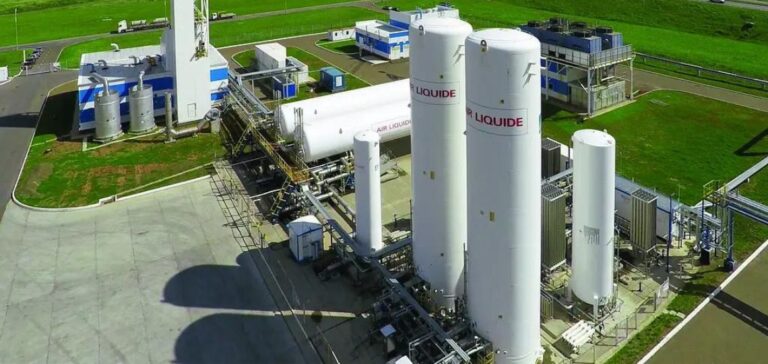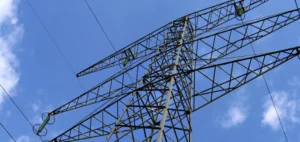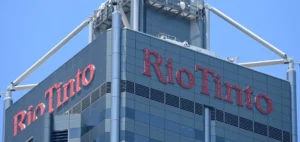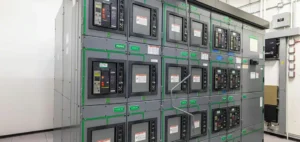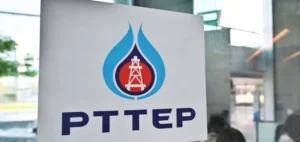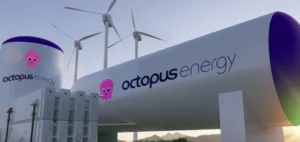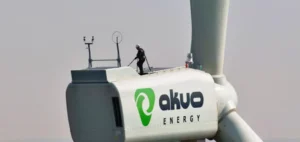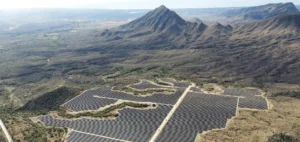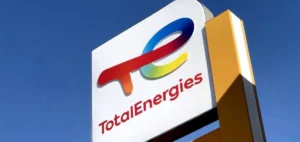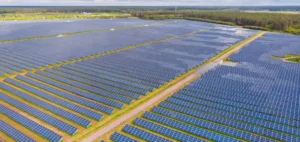The industrial gases market is booming, with an impressive growth forecast of USD 74.94 billion in 2024 to USD 158.19 billion by 2034. This growth, estimated at a compound annual growth rate (CAGR) of 7.80%, is largely due to the increased use of industrial gases in the photovoltaic sector.
Industrial gases such as nitrogen, oxygen and argon are essential in the manufacture of semiconductors, photovoltaic cells and LEDs. These components are crucial for solar panels, which are becoming increasingly popular as a renewable energy source. By reducing manufacturing costs and increasing production efficiency, these gases play a vital role in the expansion of solar energy.
Hydrogen: A Pillar of the Energy Industry
Hydrogen, in particular, has become a central pillar of the energy industry. Used in fuel cells and as an alternative fuel, hydrogen offers considerable advantages for reducing carbon emissions and diversifying energy sources. In the Asia-Pacific region, demand for hydrogen has risen sharply, driving significant growth in the industrial gases market.
Companies are investing heavily in hydrogen production and distribution infrastructures. For example, in February 2022, Linde signed a long-term contract with BASF to supply steam and hydrogen, doubling its production capacity at the Chalampé chemical park in France. These infrastructural developments are essential to support the growing demand for hydrogen and other industrial gases.
Investment and Innovation in Industrial Gases
To meet this growing demand, companies in the industrial gases sector are increasing their investment in research and development. These efforts are aimed at optimizing production processes and developing new applications for industrial gases in the energy sector. Technological innovations reduce costs and improve efficiency, making companies more competitive in the global marketplace.
In January 2022, Air Liquide invested around €40 million in a gas separation unit in India, specializing in industrial commercial activities. This type of investment demonstrates the company’s commitment to meeting the growing need for industrial gases, while supporting innovation and growth in the energy sector.
Future Market Outlook
Growth forecasts for the industrial gases market are promising, underpinned by robust demand in the energy sector. The USA, Germany, Spain, China and India show compound annual growth rates (CAGR) of 4.30%, 3.60%, 5.80%, 8.70% and 11.60% respectively over the forecast period.
Diversification of industrial gas applications, notably in energy storage and clean fuel technologies, should continue to drive demand. Advances in green hydrogen production and initiatives to increase energy efficiency will also play a key role in future market growth.
Recent developments and key initiatives
Recent developments illustrate the dynamics underway in the sector. For example, Air Products Inc. has opened a new cryogenic nitrogen production plant in Malaysia in 2021, to support its operations and meet growing demand for industrial gases in the Asia-Pacific region. Such initiatives show how companies are positioning themselves to capture new market opportunities and support the world’s energy needs.
All in all, the industrial gases market is in the midst of a major transformation, with rapid expansion underpinned by growing demand for photovoltaic energy and hydrogen. Investment in infrastructure and technological innovation will continue to play a crucial role in meeting this growing demand and strengthening the position of companies in the global marketplace.
Companies operating in this sector need to remain agile and invest in research and development to capitalize on new opportunities and maintain their competitiveness. With growing demand and ongoing innovation, the industrial gases market is well positioned for significant, sustainable growth in the years ahead.

